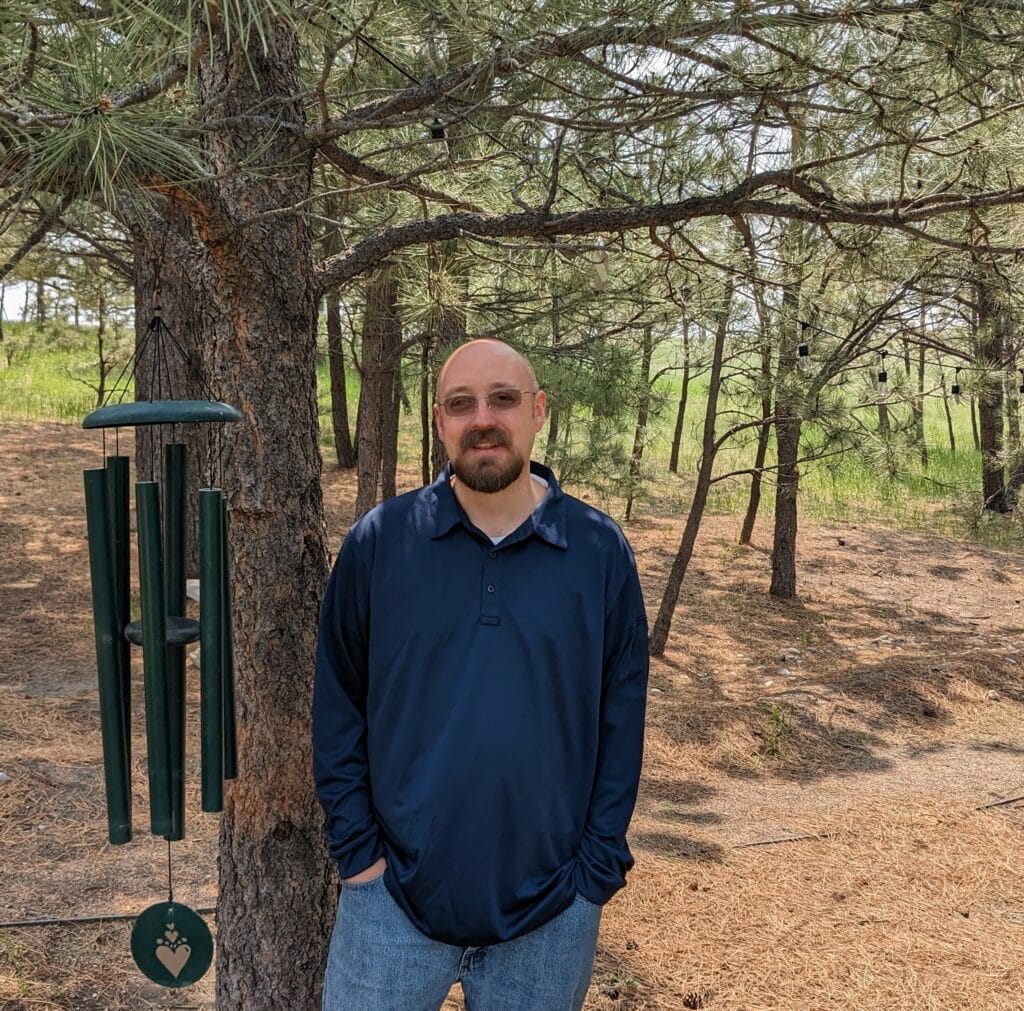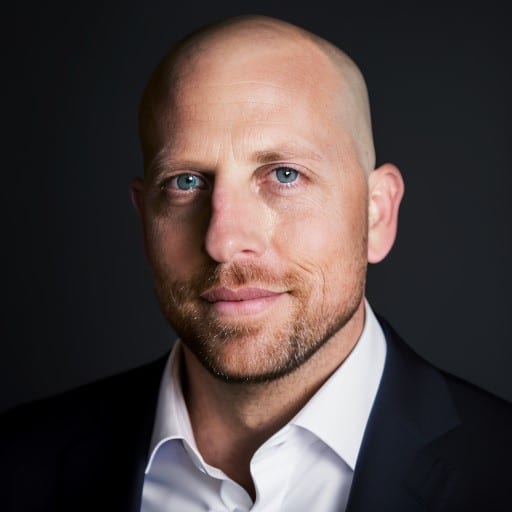What Drugs Are Men Most Commonly Addicted To?
Likewise, some groups – including men – are especially likely to misuse specific drugs or face certain obstacles. Understanding the unique realities men may face in regard to addiction can be a key part of providing true support during recovery. At Healing Pines Recovery in Colorado, we’re committed to delivering premier men’s addiction treatment services that make a difference. To learn more about our Colorado men’s drug rehab and how it might work for you or a loved one, call us at (720) 575-2621 today.
Request a Confidential Callback
Substance Abuse Trends Among Men
While men and women are almost equally likely to develop addictions, men are more likely than women to use almost all types of illicit drugs. The Centers for Disease Control and Prevention (CDC) reported that 15.5% of men reported using any illicit drug in the past year compared to just 10.7% of women (2019). Not only are men more likely to use drugs, but they’re also more likely to end up in the emergency room or face a fatal overdose because of substance use. This may, in part, be due to the fact that men generally have higher rates of dependence on illicit drugs and alcohol than others; they’re more likely to face addiction in the long term, therefore increasing the risk of serious health consequences.
Which Drugs Are Men Addicted To Most Often?
We’ve established that men are more likely to use illicit drugs than women, but what kinds of substances are most commonly misused? Data from the National Institute on Drug Abuse suggests that there are some drug types that men use more heavily and frequently than other groups. This information, combined with insights from the CDC, sheds valuable insight into how many men experience addiction:
- More men (13.9%) have used marijuana than women (9.2%) in the past year.
- While heroin use rates are similar between men and women, men are more likely to use larger amounts of heroin. They’re also more likely to inject the drug than women are.
- Men are almost twice as likely as women to engage in heavy alcohol use. In 2019, 7.5% of men engaged in heavy alcohol use in the past year, while only 4.2% of women did the same.
- Men are more likely than women to use tobacco of any kind, especially cigars.
So, while men and women may misuse the same substances, men are more likely to use marijuana and tobacco. Men are also likely to use heavy amounts of substances, particularly heroin and alcohol. This means that addictive behaviors can be harder for men to shake, especially given the fact that men engage in drug and alcohol rehab services less often than women do.
Don't Let Anything Stop You From Getting Help.
We work with most major commercial insurance plans which can help cover up to 100% of the costs associated with treatment.
Unique Addiction Challenges for Men
Differing substance use habits aren’t the only unique challenges men might face when seeking support, understanding, and treatment for their addictions. There are also social and cultural factors that shape how many men experience addiction. For instance, research indicates that men are more likely to struggle with long-term addiction – this is largely because men tend to go much longer than others before they seek professional help for their concerns.
Likewise, when men do ask for help, they often need a higher level of care than others. Once an addiction is established, men generally struggle with more substantial withdrawal symptoms, especially for alcohol addictions. Men are also more likely to use drugs or alcohol to fit into group settings, which can make seeking treatment feel like a choice between social status and personal health.
All of these factors mean that residential inpatient care is often a necessary first step for men. But transitioning to full-time care can be challenging, especially for men who aren’t comfortable opening up about their needs. To break down these barriers and encourage men to openly engage in treatment, it’s important to focus on their unique needs.
The leadership and staff were committed to my success.
Paul is a man of integrity which flows through his team. I have been to other recovery programs and HPR stands far above them all. The small group structure offers a more intimate and personalized experience. This was so much more beneficial to my recovery than facilities preaching a "one-size-fits-all" solution to larger and fragmented groups. It was like having personal and knowledgeable therapists dedicated to me for a full month! They went out of their way to understand the root of my challenges and construct a path for improvement that is unique and relatable to me. This was a huge benefit!
Jay C
It saved my life, in every sense.
I spent a month at Healing Pines Recovery. The actual location itself is unreal. A beautiful cabin lodge, with gorgeous scenery. The rooms are large, queen beds, very comfortable! Great bathrooms with great showers! There is a pool table, slam jam, (Christine! 😉 frisbee golf, and daily access to a nearby gym. The property also has a pickle ball court that was used daily, Zoey the counselor beat us men constantly!
Clay M
My experience with Healing Pines Recovery has been wonderful.
My husband was their client, and they helped him be able to help himself. He is doing amazing! I think the combination of counseling, physical labor, meditation, AA, and just the beauty of the place itself all had a very positive impact on him. They really cared about him, and that did not stop just because he came home. Also they have counseling for the families and it has really helped me a lot. Heather is awesome! I thank God that we had them in our lives when we were most vulnerable.
Susan M
We wanted to share our gratitude to the staff.
Our son was under the care of Healing Pines recently and we wanted to share our gratitude to the staff. There were many challenges in his pursuing treatment, and thankfully Paul and Heather C helped us navigate all of them skillfully with patience and compassion.
Jim E
You'll get your life back!
Healing Pines Recovery is/was instrumental in setting me up for long term success in my recovery journey. I've been to treatment centers in the past and HPR is nothing like anything I've attended before. They're very small, intimate, and hands-on approach to recovery was exactly what I was looking for when seeking treatment. I knew that a large, one size fits all program like those offered by many other treatment centers in Colorado wouldn't provide me with the help I desperately needed. Paul and his Team are incredible and I would highly recommend HPR to anyone who needs help starting their recovery journey. Big shout out to James for all of his guidance during my time at HPR. His grace, knowledge, understanding, and direction were/are key to my continued success in recovery. One HUGE piece of the puzzle I love is the after care I've received from HPR... I am in constant contact with Paul, James, and many other staff members through the their alumni programs and it has helped me so much with life after HPR. This program was truly a miracle in my life and I know it will be for many other men struggling with addiction and/or alcoholism. You'll get your life back!
Nicholas P
This is truly a great recovery facility.
My learning experience here was something I’ll take with me throughout my whole life. The staff here will always be a part of my family and I am beyond thankful for everything they have done and continue to do for my well-being.
Gunnar P
I can't speak more highly of Healing Pines Recovery & Addiction Center.
It is located in a beautiful Colorado location with lots of outdoor activities and fresh air. They have a very knowledgeable and professional staff that goes above and beyond to meet your needs.
Riley K
I couldn’t have been at a more amazing place to begin this journey.
Seriously an amazing place. Everything from how beautiful the house and the property it sits on down to every person staffed there was nothing less than perfect. More than highly recommended in every sense. If you’re reading this and trying to find the right place for treatment and recovery I would absolutely look no further. Everyone’s recovery is different and we all need a comfortable place with people we can trust through this battle, healing pines understood that everyone’s path is different and they 100% cater to that. I couldn’t have been any luckier with finding Healing Pines. I won’t go any deeper and start to thank everyone there individually, But I want to express my gratitude to everyone on the HEALING PINES TEAM. Without you all, my path in sobriety would not look anywhere near the way it looks today. Seriously from the bottom of my heart thank you!
James M
Why Seeking Addiction Treatment for Men is Essential
It’s clear that despite their tendency to use substances more heavily and regularly than women, men are less likely to speak up and ask for the help they deserve. Interestingly, men are actually more likely to receive support from their peers and communities when seeking support than women are. Many of the challenges and fears men face when seeking care come from internalized beliefs about weakness, lessened masculinity, and personal failure. The most effective addiction treatment for men focuses on these sorts of unique thought patterns and behavioral tendencies. Treatment that can identify and speak to the feelings and experiences men have is more likely to be engaging. Engaging treatment is successful treatment.
Men’s-Only Drug and Alcohol Rehab at Healing Pines Recovery
At Healing Pines Recovery, we proudly offer leading men’s addiction treatment services designed around the realities that our clients face. Our residential inpatient rehab program in Colorado focuses on helping clients by any means necessary. We never cut corners when it comes to your care; we’re committed to changing lives with our addiction treatment options. That’s why we rely on a combination of traditional, experiential, and holistic treatment methodologies to treat each client as a whole, complex person, not just someone with an addiction. Call us at (720) 575-2621 today.
More Resources for Men Facing Addiction & Their Families
At Healing Pines, we recognize that a client’s journey toward recovery isn’t necessarily linear. Relapses can and likely will happen, and clients will face challenges outside of our facility that they may need to navigate independently. Resources like those below can help you stay on track with your recovery goals before or after treatment.
- Substance Abuse and Mental Health Services Administration (SAMHSA): Learn more about addiction or contact the SAMHSA National Helpline at 1-800-662-HELP (4357) for immediate support.
- United States Drug Enforcement Administration (DEA) Recovery Resources: A master list of recovery resources for those experiencing addiction and their families.
- National Institute on Drug Abuse: A hub for research and information on drug use and addiction.
- Medline Plus: A health information resource hosted by the National Library of Medicine that offers comprehensive details on drug use, signs of addiction, and treatment options.

Get Started On the Road to Recovery at Healing Pines
While addiction can happen to anyone, it tends to affect certain groups differently than others, and men are no exception to this rule. Men are more likely to misuse substances in general. They’re also more likely to use large amounts of substances, struggle with certain withdrawals, and wait to seek the treatment they need. These factors, combined with social expectations and norms surrounding men’s mental health, motivate many men to suffer in silence. But you don’t have to face addiction on your own.
No matter how it may feel now, you’re not alone. Healing Pines Recovery is a men’s only drug and alcohol rehab center that’s focused on helping you make your goals a reality. We know that no two people experience addiction the same way. We’ll work with you to create a treatment plan that fits your needs and helps you live the lifestyle you strive for. Call us at (720) 575-2621 today. today to learn more about our services, or contact us using our online form to start a conversation.
Schedule a Tour Today
Come discover why Healing Pines Recovery is your top choice for men’s addiction treatment in Colorado and beyond.
Begin Your Journey & Escape Addiction
The first step can be the hardest. Fill out the form or call us at (720) 575-2621. You will be connected with a Healing Pines Recovery specialist who can answer your questions and help you get started.
Let Us Help You
Speak to Someone Right Now






